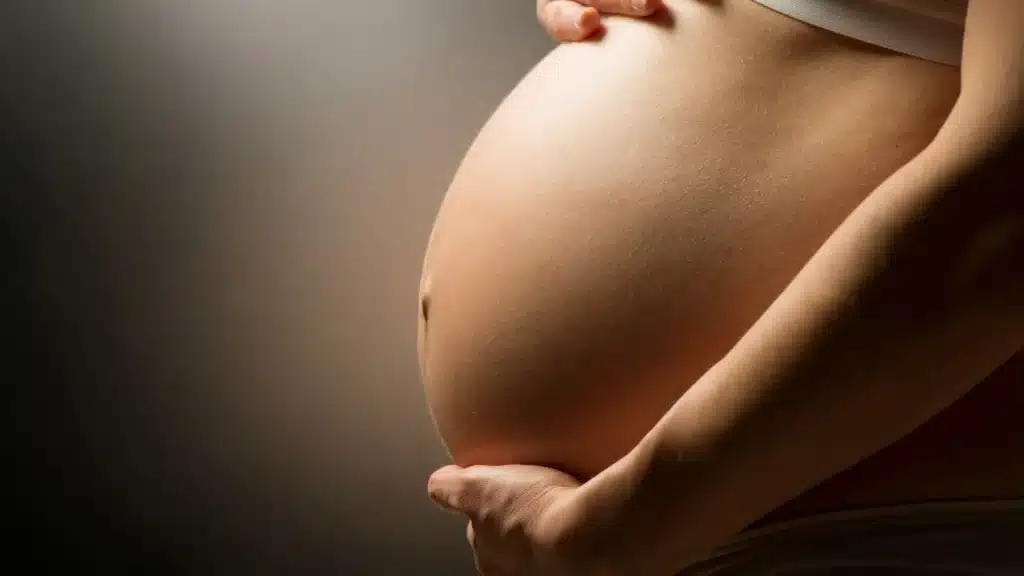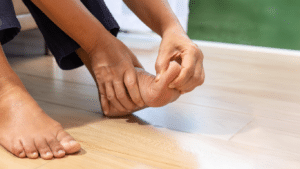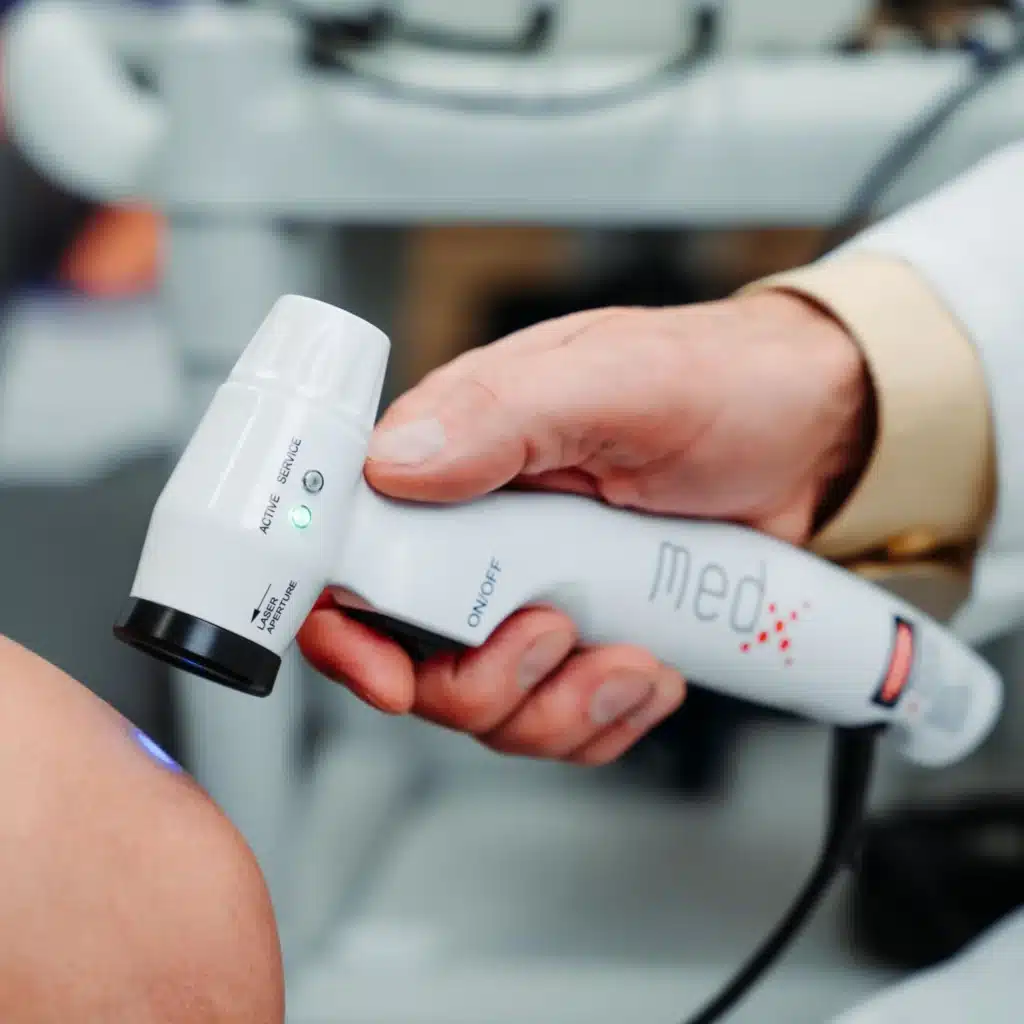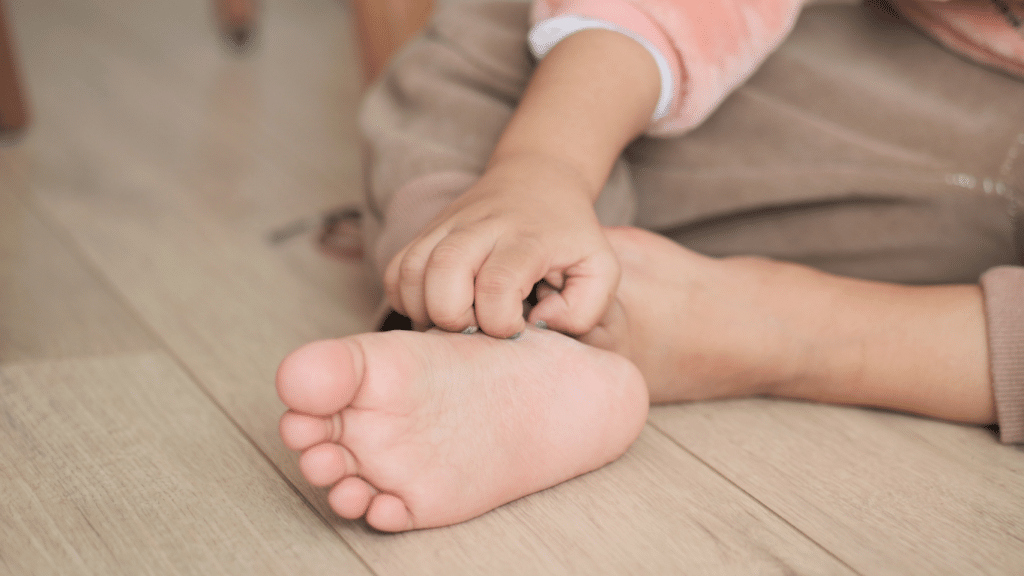Pregnancy is an exciting journey, but it can also be physically challenging. Along with the joy and anticipation, you may experience swollen feet, heavy legs, and even spider veins or varicose veins. As your body adapts, changes in circulation can lead to discomfort, making everyday tasks a bit more difficult.
That’s where compression socks can help. They are designed to reduce swelling, improve circulation, and keep your legs feeling light and energized. At LMC Footcare, we often recommend compression socks to pregnant women looking for simple, effective ways to stay more comfortable throughout their pregnancy.
Here’s how they work and why they’re worth considering if you’re expecting.
Why Pregnancy Takes a Toll on Your Legs
During pregnancy, your body goes through a lot of changes, and many of them can affect your legs and feet. Here’s what’s happening:
- Increased Blood Volume: Your body produces extra blood to support your growing baby, which puts more pressure on your veins.
- Hormonal Changes: Increased levels of progesterone relax your blood vessel walls, which can lead to poor circulation and swelling.
- The Growing Baby Bump: As your uterus expands, it puts pressure on the veins in your pelvis, slowing blood flow back to your heart and causing blood to pool in your legs.
These changes can lead to common pregnancy symptoms like swelling (edema), varicose veins, and that heavy, tired feeling in your legs, especially during the later months.
Top Benefits of Wearing Compression Socks During Pregnancy
Compression socks can make a big difference in how your legs feel throughout your pregnancy. They’re an easy, non-invasive way to keep your legs comfortable and healthy while your body adjusts to all those changes.
1. Reduces Swelling (Edema)
Swollen feet and ankles are one of the most common complaints during pregnancy. Compression socks help prevent fluid buildup in your legs by encouraging better circulation.
- When to wear them: Try putting them on first thing in the morning before swelling sets in. This keeps your legs feeling lighter all day.
- Bonus: Less swelling means you’ll still be able to fit into your favourite shoes longer!
2. Improves Circulation
Your circulatory system works overtime during pregnancy, and compression socks give it a helping hand. By applying gentle pressure, they help blood move more efficiently back to your heart.
Better circulation means fewer issues like numbness, tingling, or that uncomfortable feeling of heaviness in your legs.
3. Helps Prevent Varicose Veins
Pregnancy increases your risk of developing varicose veins—those bulging, twisted veins that often appear on the legs. While they’re usually harmless, they can be painful or itchy and can sometimes lead to blood clot formation.
Compression socks reduce the pressure on your veins, which can help prevent varicose veins from forming or keep existing ones from getting worse.
4. Relieves Leg Cramps and Fatigue
Leg cramps and fatigue are common during pregnancy, especially at night. Wearing compression socks during the day can reduce muscle soreness and prevent that tired, achy feeling in your legs.
- Pro Tip: Pair compression socks with gentle stretches and hydration to keep cramps at bay.
5. Supports Overall Comfort During Travel
If you’re planning any long trips during your pregnancy, whether by car or plane, compression socks are a must. Sitting for long periods can make swelling and discomfort worse, but compression socks keep your blood moving and reduce your risk of deep vein thrombosis (DVT), a serious blood clot condition.

When Should You Start Wearing Compression Socks During Pregnancy?
You can start wearing compression socks at any stage—even early in pregnancy. In fact, many women benefit from starting sooner, since circulation challenges begin in the first trimester. Experts also recommend continuing to wear them for up to six weeks postpartum, when the risk of blood clots is highest.
FAQs About Compression Socks and Pregnancy
1. Are compression socks safe to wear during pregnancy?
Yes. They’re a safe, non-invasive way to manage swelling, leg fatigue, and circulation issues for the majority of women. At LMC Footcare, our footcare specialists (chiropodists) often recommend them as part of a healthy pregnancy routine.
2. When should I start wearing compression socks?
You can begin wearing them as early as the first trimester. In fact, starting sooner helps prevent swelling and discomfort before they become severe. Experts also recommend continuing to wear them for up to six weeks after childbirth, when clot risk is highest.
3. Do compression socks help prevent varicose veins?
Yes. By reducing pressure in the veins and improving circulation, compression socks can prevent new varicose veins from forming and keep existing ones from worsening.
4. Can compression socks reduce the risk of blood clots?
They can lower your risk of deep vein thrombosis (DVT), especially during long travel or extended sitting. Since pregnancy and the postpartum period increase clot risk, compression is a simple, effective precaution.
5. Can I wear compression socks while travelling during pregnancy?
Absolutely. They’re highly recommended for long flights or car trips. They help maintain circulation, reduce swelling, and lower your DVT risk while sitting for long periods.
Conclusion: Stay Comfortable and Supported During Pregnancy
Pregnancy is full of changes, but discomfort doesn’t have to be one of them. Compression socks are a simple, effective way to reduce swelling, ease leg fatigue, and keep your circulation flowing smoothly.
At LMC Footcare, we’re here to help you feel your best throughout your pregnancy. If you’d like to learn more about choosing the right compression socks, visit our website or stop by to chat with one of our footcare specialists. We’re always happy to help!
















